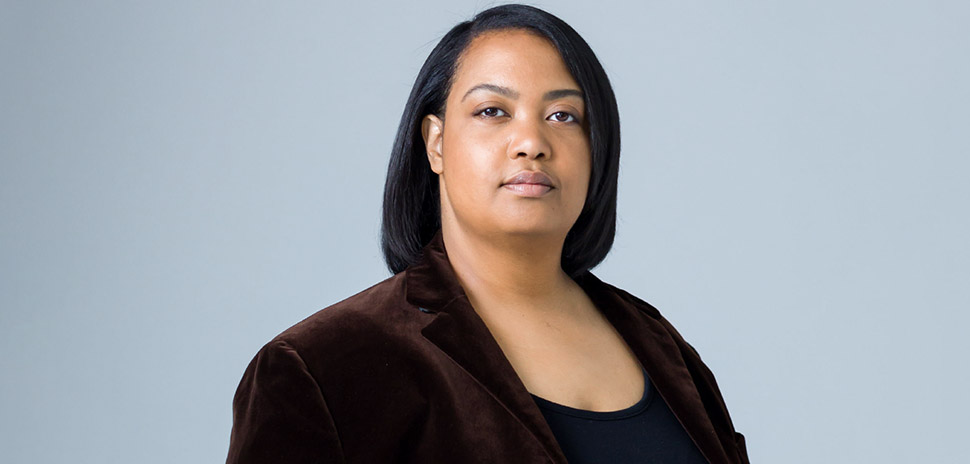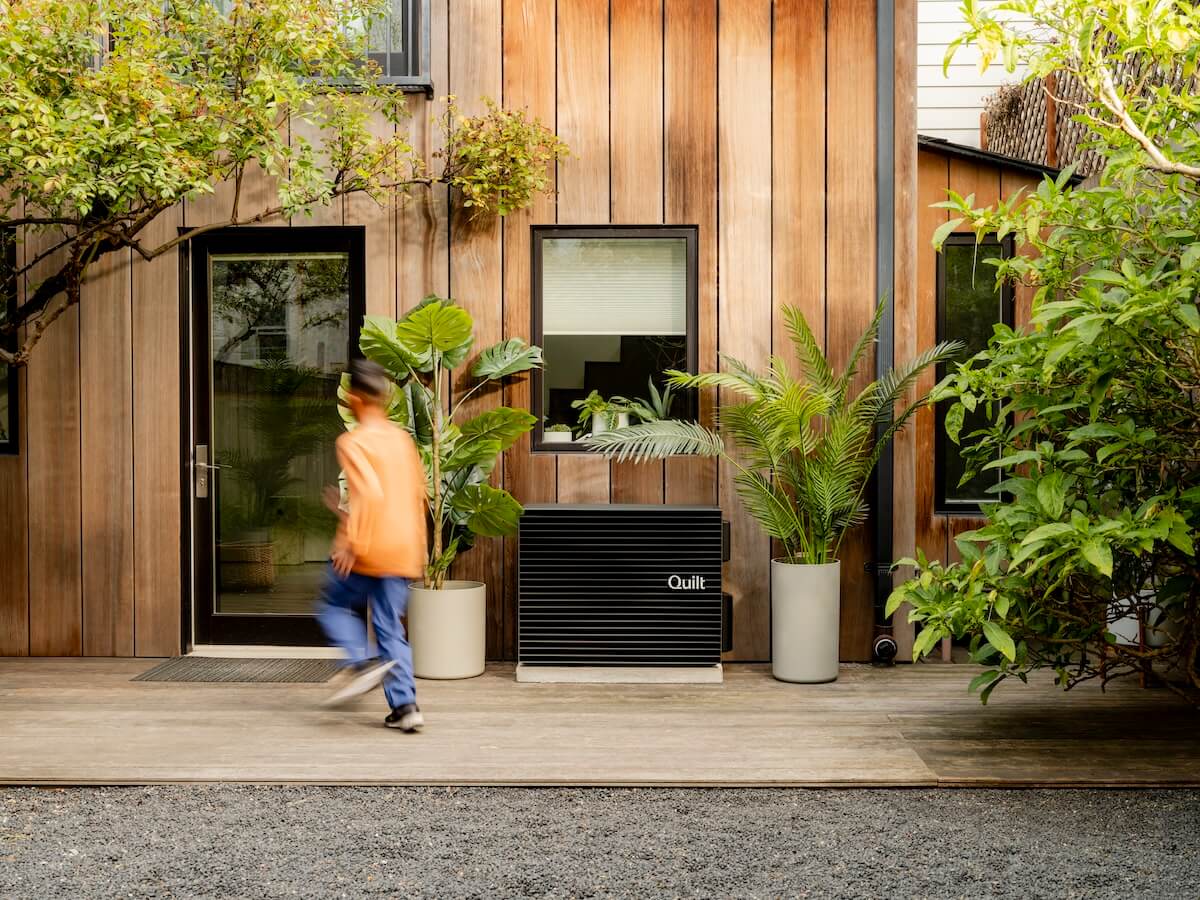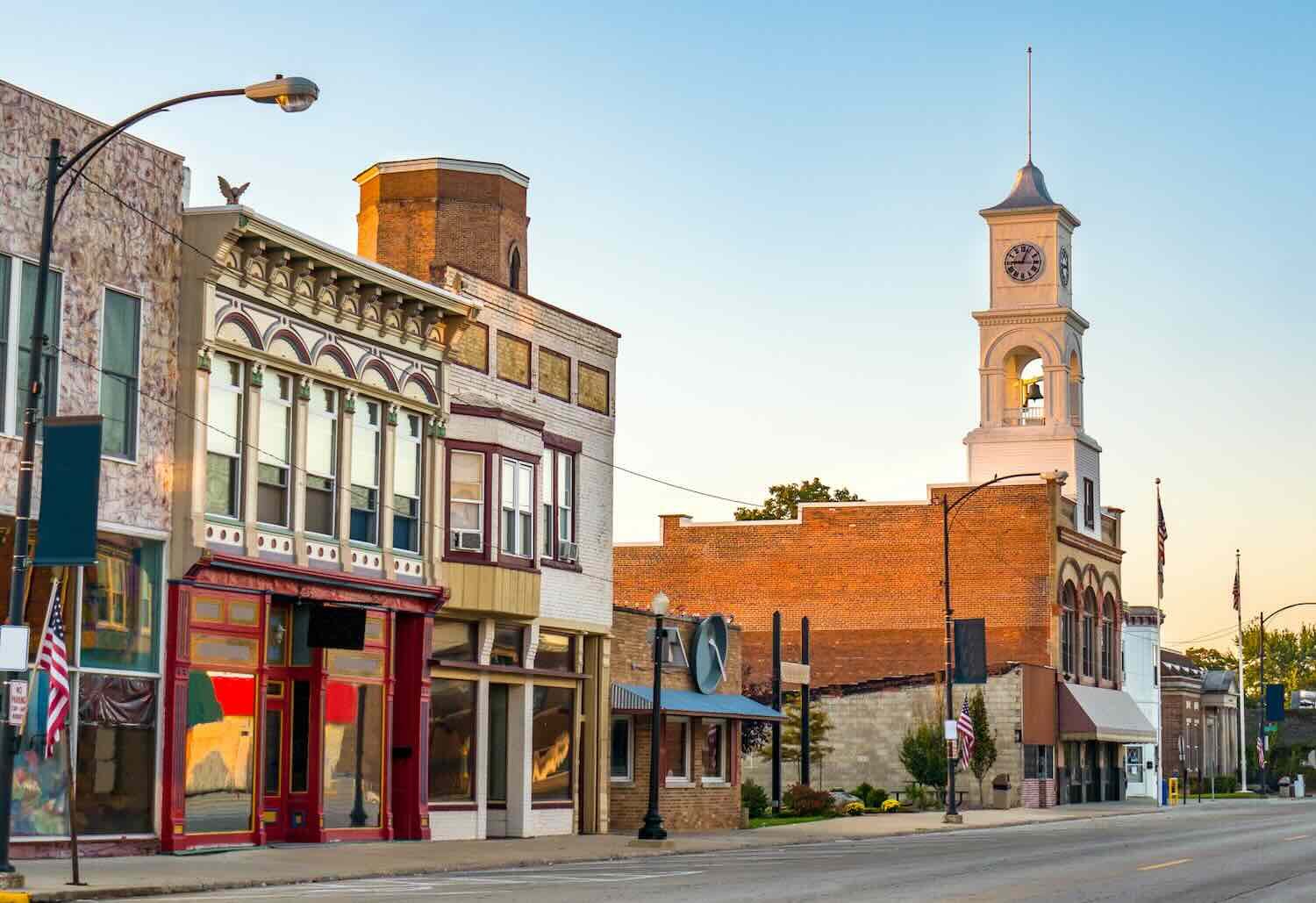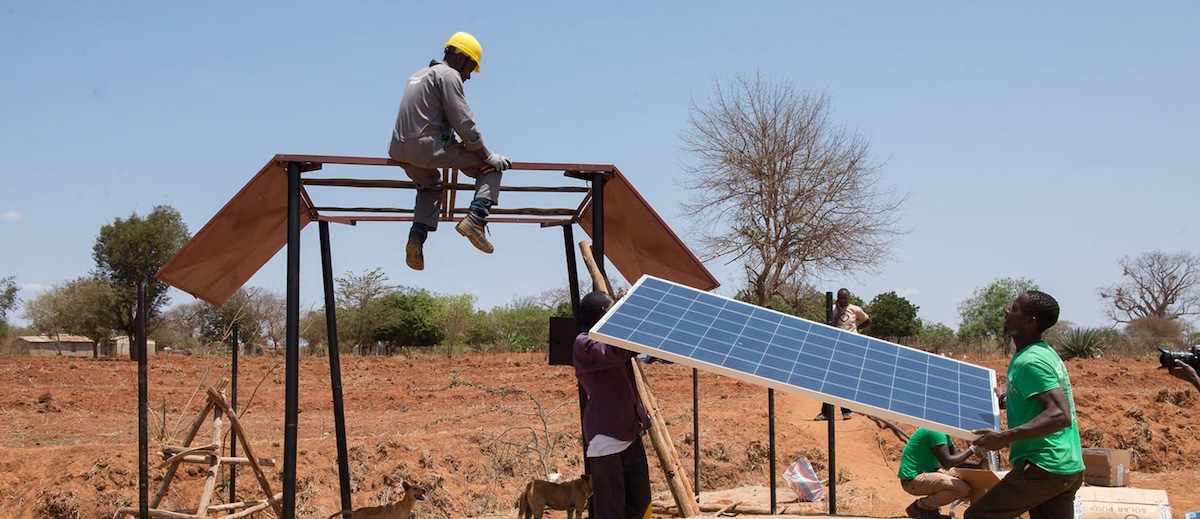ImpactAlpha, August 15 — Arlan Hamilton’s Backstage Capital scored a much-needed commitment from Bank of America. The investment comes less than two months after Hamilton laid off most of her staff amid fundraising struggles.
“It’s been a depressing, deflating time,” she said in announcing the layoffs on a June podcast. “Telling everybody that we couldn’t afford to keep them on was one of the hardest things I’ve had to do.”
Neither company disclosed the amount of Bank of America’s investment. Backstage’s main Opportunity Fund has raised around $6 million, including a recent $1 million check from Comcast, out of a targeted $30 million – a shortfall that Hamilton has publicly lamented.
The turnabout for Hamilton – who rocketed to fame with her audacious bid to shake up the ossified world of venture capital – suggests that the trail she blazed in opening doors for underrepresented founders and fund managers is still fraught with obstacles.
Indeed, despite a significant increase in venture funding to Black founders in the wake of the 2020 murder of George Floyd, just 1.2% of the $147 billion in U.S. venture capital venture investments in the first half of 2021 went to Black founders.
And women and people of color manage less than 1.3% of the nearly $70 trillion managed by mutual funds, hedge funds, real estate and private equity funds.
Rising star
Just a few short years ago, Hamilton was celebrated for breaking into the white male venture capital club. The former concert tour manager’s rise to prominence was even more remarkable for the fact that she was a Black, gay, formerly homeless woman investing in “underestimated” entrepreneurs, often providing their first check.
It took Hamilton 16 months to raise her first fund, but she eventually signed big-name limited partners like Andreessen-Horowitz’s Marc Andreessen, Lowercase Capital’s Crystal Sacca, and Slack CEO Stewart Butterfield.
“Memo to the Silicon Valley boys’ club: Arlan Hamilton has no time for your BS,” was the headline of a Fast Co. cover story on Hamilton in 2018. Hamilton was just getting warmed up, telling the magazine she planned a $100 million fund.
That same month, she hit her goal of investing in 100 women, LGBTQ or person of color founders – two years early.
By May of this year, that number had doubled to 200 investments.
“In 2014 and ’15, when I was telling anyone who would listen that I would invest in 100 companies by 2020, I never imagined we’d be at 200,” Hamilton said. “It was my moonshot idea.”
Hamilton broke new ground again last year when she raised the $5 million for Backstage from everyday investors via a crowdfunding campaign. That raise gave Backstage “runway for at least a couple of years,” she told ImpactAlpha at the time, rather than the couple of months the firm had been operating on.
“Backstage has a fighting chance at being successful over the next decade and we’re thrilled we can share some of that upside with the crowd,” she added.
Hamilton’s latest strategy: focus on growing assets under management (and the management fees they generate) and supporting existing portfolio companies with bigger checks.
Backstage, for example, invested in Career Karma’s $40 million series B round in January, alongside investors including Top Tier Capital Partners and Google Ventures. (Career Karma laid off 60 employees in late July amid a broad tech slowdown).
In addition to raising money for her core Opportunity fund, she’s looking to raise $3 million for a pre-seed “flex fund” that is open to accredited investors, and is promoting Backstage Crowd, a special purpose vehicle that crowdfunds capital from accredited investors.
Purgatory
Many of Hamilton’s portfolio companies – or “headliners” as she calls them – have gone on to raise capital from established VCs. Carrot Fertility, Book Club and Hello Alice are among those that have gone on to raise 8-figure sums.
Still, with just one exit – the ice cream company Coolhaus, founded by two LGBTQ women, which was sold late last year to The Urgent Company – Hamilton has regularly dipped into her own funds to keep Backstage afloat. She pegged its annual run rate at $3.5-$4 million.
“$20 million in assets under management in a six-and-a-half year period, so you can do the math on management fee, which gets spent before it’s even made,” she said. (That would be $400,000 based on a typical 2% venture capital fee).
Adding to the rub: Hamilton has personally invested in 26 emerging managers since 2019, helping to get them established. Many of them, she says, have gone on to raise larger sums than Backstage has in the last three years.
“I want more of that for them,” she said. “It’s why I started Backstage and why I’ll continue to pour into new fund managers who can then pour into new founders. But it does say something about Backstage.”
Venture capital firms have tried to diversify, adding Black and Brown professionals as partners. And diverse-led venture firms are multiplying.
Bank of America invested in Backstage via its $350 million Minority Fund Investment initiative that aims to support minority and other underrepresented founders and communities.
The investment is a welcome reprieve for Backstage. “All of the selected funds we invest in demonstrate a common goal of providing economic opportunity to minority founders, entrepreneurs and fund managers,” Bank of America’s Sameer Malhotra told ImpactAlpha.
The bank has invested in more than 40 such funds, including Harlem Capital, Zeal Capital Partners and Serena Williams’ Serena Ventures. Williams has announced her retirement from tennis to focus on her family and venture capital investing, which like Backstage, also seeks to invest in diverse entrepreneurs. Serena Ventures raised $111 million in March from outside investors for its inaugural fund.
Last year, Zeal Capital Partners raised more than $62 million for its first-time “inclusive investing” fund. Harlem Capital lapped up $134 million for its second fund from investors including Apple, PayPal and return investor TPG Capital. And Los Angeles-based MaC Venture Capital raked in $110 million from Howard University, Mitch and Freada Kapor and other investors.
And Backstage?
“I think we’re in a purgatory kind of position because some people think that we have everything we need,” Hamilton said on her June podcast.
“We were told by Apple’s LP [limited partner] investors that we were too far along to invest in us. And we were told by many others like JPMorgan that we’re not far along enough.”
Still, it would be premature to count Hamilton out. The Bank of America support, she says, “is a strong signal that we’re confident other institutional organizations will pick up on and follow.”











